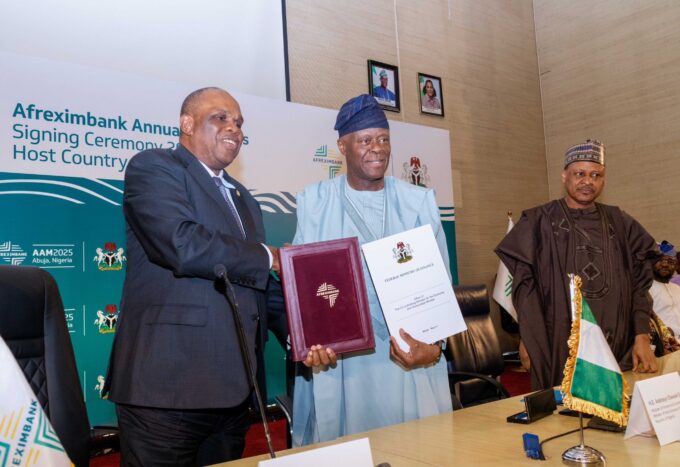30/7/2018/NBS
Summary
In 2017, real GDP turned to positive growth in the second quarter and sustained its acceleration on a year-on-year basis. Annual real GDP growth rate in 2017 was recorded at 0.82%, signifying economic recovery when compared to –1.58% in 2016.
Real Household Consumption and Government Consumption Expenditures generally declined in 2017 at –0.99% but improved compared to 2016 (-5.71%). Domestic demand was still weak.
Net Exports grew significantly in real terms in 2017, which was mainly driven by the strong performance in the third quarter. However, this was slower than 2016 (22%).
National Disposable Income declined by 1.52% in 2017, majorly due to the continuous decline in the largest component— Operating Surplus which recorded a negative annual growth rate, of –2.11%.
Compensation of Employees performed strongly in 2017, of an 11.14% annual growth rate compared to –9.68% recorded in 2016. However, the expansion in this category was not enough to stem a negative
In summary, Nigeria’s economy exited the recession and slowly started its recovery in the second quarter of 2017, although improvements in domestic consumption and business environment are still necessary to further stimulate growth. Trade surplus in 2017 contributed significantly to overall economic growth and recovery.
GDP By Expenditure
The Gross Domestic Product (GDP) can be derived as the value of all goods and services available for final uses and export. GDP at market prices includes net taxes on products; taxes are subtracted to obtain basic price GDP.
The expenditure approach measures the final uses of the produced output as the sum of Final consumption, Gross Capital Formation and Exports less Imports, which are considered in turn in this report. Consumption of fixed capital—a measure of depreciation of assets—comprises the difference between Gross Domestic Product (GDP) and Net Domestic Product (NDP) and is also considered in this report.
Basic price GDP grew in real terms by 0.82% year-on-year in 2017. This was a significant improvement compared to a decline of -1.58% decline in real GDP growth rate in 2016.
Household Final Consumption Expenditure: This consists of expenditure, including imputed expenditure, incurred by resident households on individual consumption goods and services. This is calculated as a residual.
General Government Final Consumption Expenditure: This consists of expenditure, including imputed expenditure, incurred by government at all levels on both individual and collective consumption goods and services. Individual consumption items are those that are provided to individual households, such as education and health services. Collective consumption items relate to goods and services utilised by society as a whole, such as security and infrastructure.
Not for Profit Institutions Serving Households Final Consumption Expenditure This consists of expenditure, including imputed expenditure, incurred by Not-for-Profit-Institutions-Serving-Households, which consist of organisations such as charities and non-government organisations.
Gross Fixed Capital Formation This is measured as the total value of producer’s acquisitions, less disposals, of fixed assets during the accounting period, plus certain additions to the value of non-produced assets (such as improvements to natural assets) realised by the productive activity of institutional units.
Change in Inventories is the consist of changes in; stocks of outputs that are still held by units that produced them prior to their being further processed , sold, delivered to other units or used in other ways, measure by the value of the entries into inventories less the value of withdrawals and the value of any recurrent losses of goods held in inventories.
Exports of Goods and Services Consists of sales of goods and services to residents abroad, from residents within Nigeria
Imports of Goods and Services Consists of sales of goods and services from residents abroad, to residents within Nigeria
Consumption of Fixed Capital This represents the reduction in value of the fixed assets used in production during the period, that results from physical deterioration, normal obsolescence or normal accidental damage.
Household Final Consumption
Household final consumption in 2017 fell by -0.99% from 2016 in real terms, although it increased by 9.77% nominally. The decline in real household consumption was an improvement on the –5.71% recorded in 2016. Weak household consumption growth indicates weak recovery of the domestic economy, while the nominal growth reflects the increase in prices over the year of 2017. This component accounted for 58.93% of real GDP in 2017.
In the first two quarters of 2017, real household final consumption recorded both year-on-year and quarter-on-quarter growth. However, consumption declined sharply in the third quarter (-11.88%) in real terms on a year-on-year basis. The positive growth in consumption in the last quarter of 2017 was not enough to offset the decline in the third quarter.














